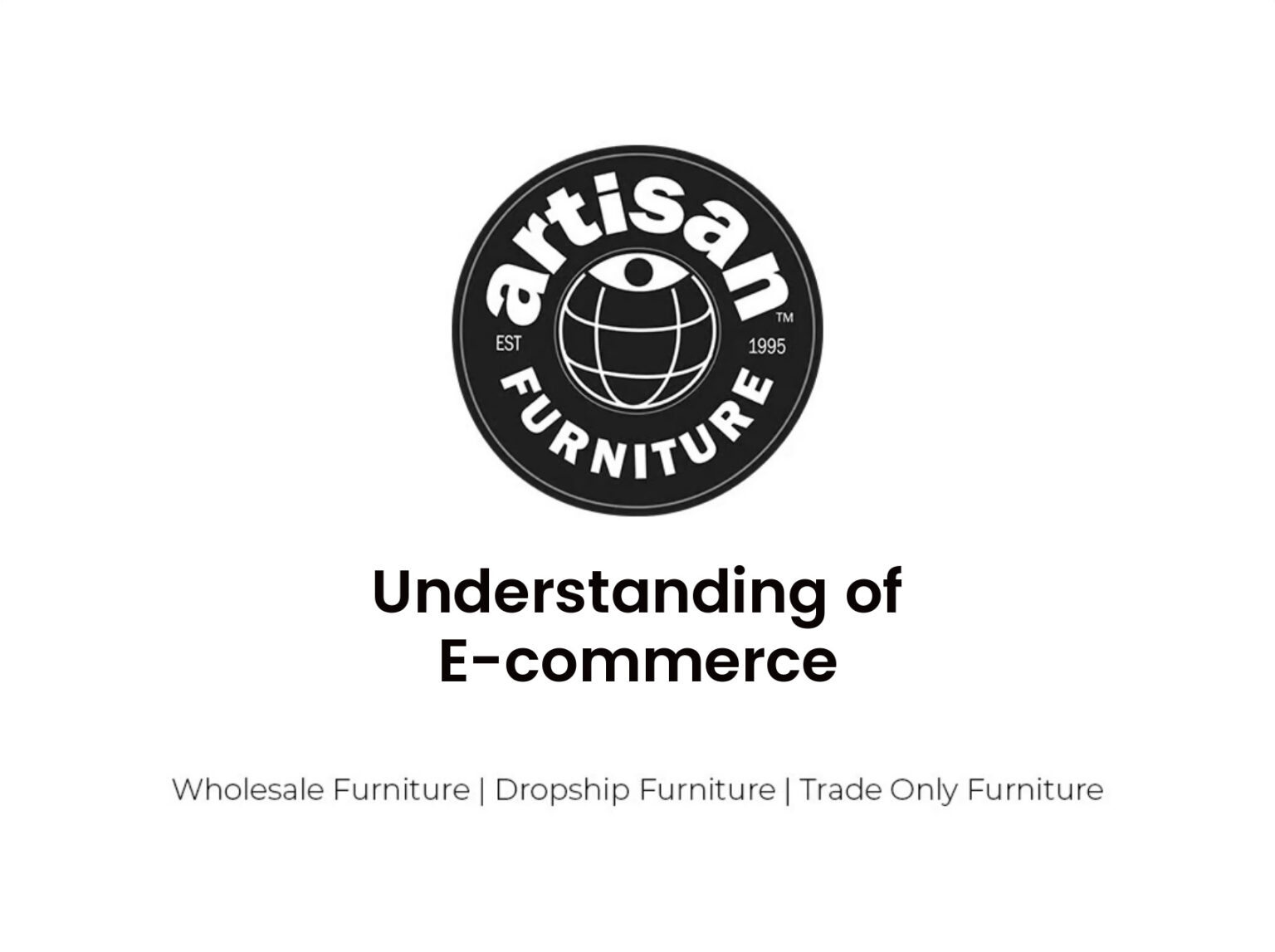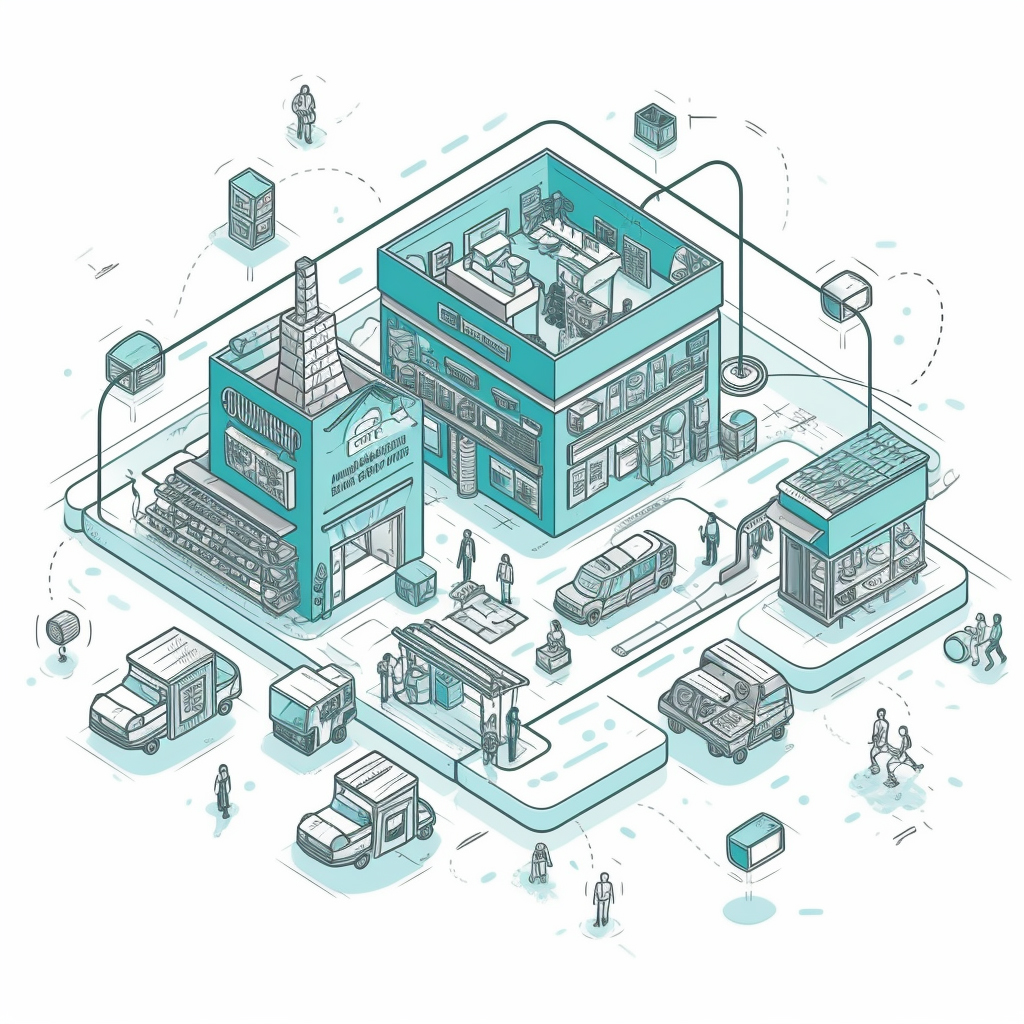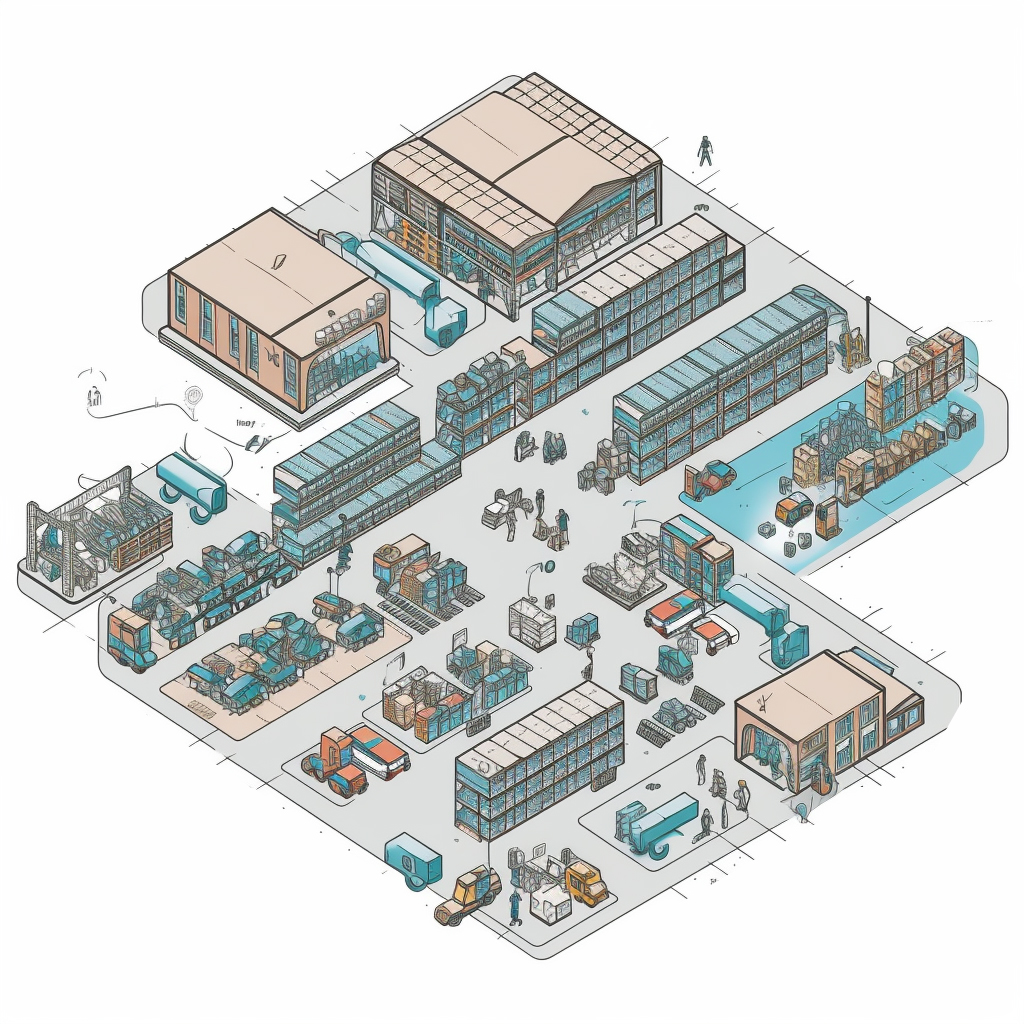
Understanding of E-commerce
E-commerce, or electronic commerce, refers to the buying and selling of goods or services over the internet. This comprehensive guide aims to provide an in-depth understanding of the world of e-commerce.
Evolution of E-commerce
The genesis of e-commerce can be traced back to the 1960s. However, it’s the advent of the internet in the 1990s that transformed e-commerce into a major economic force.
Technological Developments
Why were the 1990s crucial for e-commerce?
During this decade, technological advances such as secure encryption for transactions became mainstream. This facilitated safe online transactions, boosting consumer trust.

History of E-commerce for a detailed historical overview.
Implicit Question Query Identification for Technological Developments
Related words: encryption, SSL, secure transactions, online payment. Why was encryption essential for e-commerce? Encryption was essential for e-commerce as it allowed sensitive data such as credit card numbers to be transmitted securely over the internet, which was imperative for building consumer trust and enabling online shopping.
security, encryption algorithms, SSL certificates, online payment gateways.
How have encryption algorithms evolved to ensure security in online transactions?
Encryption algorithms have evolved from basic encryption methods like DES to more advanced and secure methods like RSA and AES. These advancements have significantly increased security levels, protecting both the consumer and the merchant from fraud.
Are SSL certificates necessary for securing an e-commerce website?
Yes, SSL certificates are necessary as they encrypt data transmitted between the user’s browser and the web server, which is vital for the security of personal and payment information.
Types of E-commerce Models
E-commerce can be categorized into various models based on the nature of the transactions and participants involved.
Business to Consumer (B2C)
What is the premise of the B2C model?
The B2C model involves businesses selling products or services directly to consumers. This is the most common form of e-commerce.

Consumer Behaviour in E-commerce for a deeper understanding of consumer trends.
online retailers, consumer, checkout, shopping cart.
How do online retailers ensure a smooth checkout process for consumers in the B2C model?
Online retailers use streamlined website designs, secure payment gateways, and intuitive shopping carts to ensure a smooth and fast checkout process, which is essential for consumer satisfaction and reducing cart abandonment rates.
customer service, product variety, pricing, shipping options.
How does product variety affect consumer choice in the B2C model?
Product variety in the B2C model offers consumers a wider range of options, which can affect their purchasing decisions. A greater variety can attract more customers and cater to different tastes and preferences.
Is offering multiple shipping options beneficial for customer satisfaction in the B2C model?
Yes, offering multiple shipping options, such as express shipping or standard delivery, is beneficial as it caters to the varied needs and preferences of customers, enhancing their shopping experience.
Business to Business (B2B)
What sets the B2B model apart?
The B2B e-commerce model involves transactions between two businesses.

B2B E-commerce Strategies for insights into the best practices and trends.
wholesale, supply chain, bulk orders, trade credit.
How do trade credits facilitate transactions in the B2B model?
Trade credits allow businesses to purchase goods on account, without paying cash upfront. This can enhance cash flow for the buying business and foster long-term relationships between the trading entities.
bulk pricing, contract negotiation, supply chain management, invoicing.
What role does supply chain management play in the B2B e-commerce model?
In the B2B e-commerce model, supply chain management is crucial as it involves the efficient management of the flow of goods, information, and finances between businesses, which is essential for timely deliveries and maintaining product quality.
Is contract negotiation a common practice in B2B e-commerce?
Yes, contract negotiation is common in B2B e-commerce as it allows businesses to come to an agreement regarding terms such as prices, delivery, and payment methods, which is vital for establishing successful business relationships.
Dropshipping in the UK
Why is dropshipping popular in the UK? The UK’s robust e-commerce market and consumer’s adaptation to online shopping make it fertile ground for the dropshipping model.

